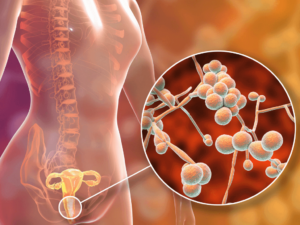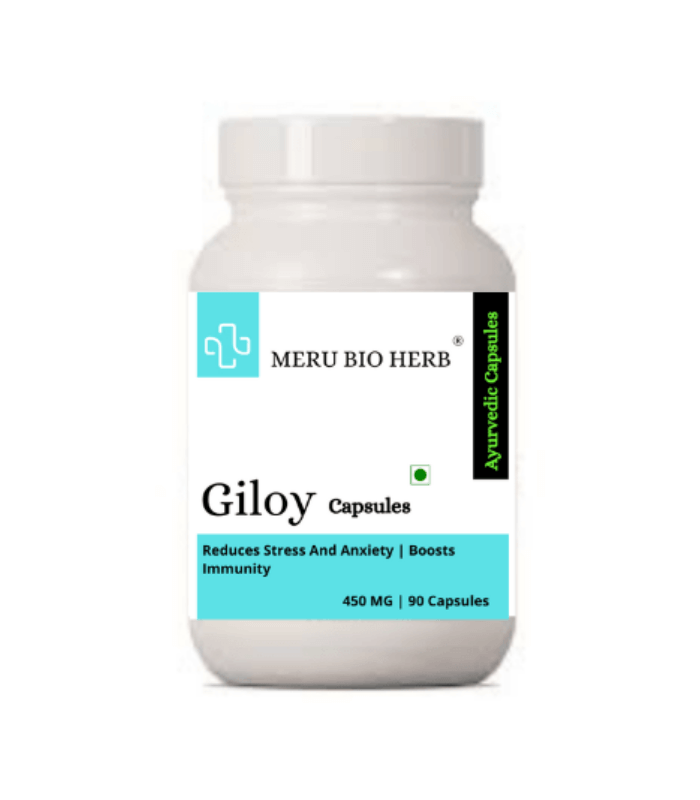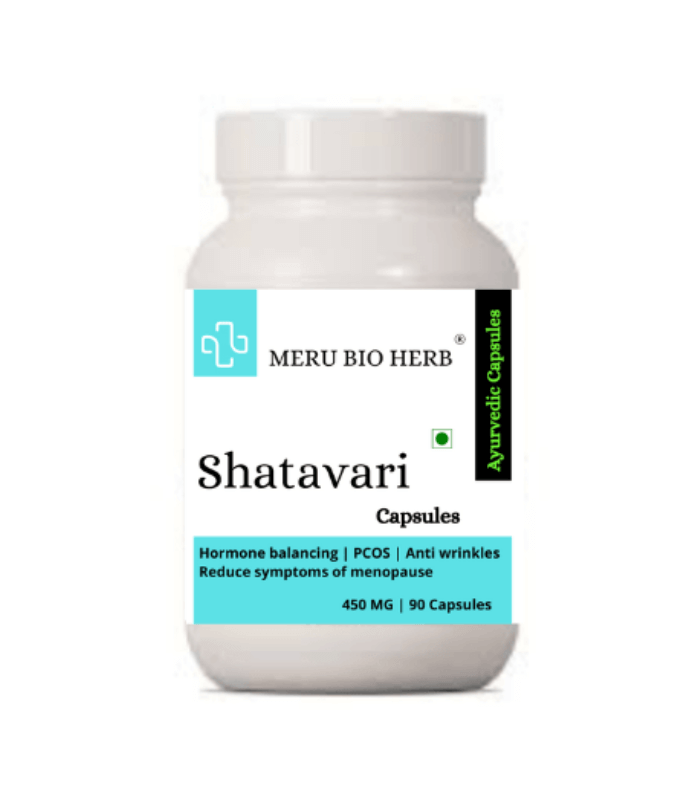Hyperthyroidism and Hypothyroidism are two of the most common endocrine disorders that occur as a result of the malfunctioning of the thyroid gland.
When this butterfly-shaped gland fails to work at its peak efficiency it causes an overall imbalance of the functioning of the body. This can exhibit various symptoms like:
- Sudden increase/decrease in weight
- Depression
- Fatigue
- Hair fall
- Mood swings
- Infertility
- Menstrual disorders
- Vitamin D deficiency
- Bulging eyes
- Palpitations
- Aches/pains
- Heat intolerance
- High cholesterol levels
In olden times, people would barely ever suffer from thyroid problems. But in the present day scenario, in South Asia alone, around 92 million cases of thyroid can be observed.
As per the recent reports, 1 out of 8 Indian women suffers from thyroid. More than around 60% remain undiagnosed. Recent times have shown that even men have started showing fast-developing thyroid problems.
To understand what causes these thyroid problems, let us first know what thyroid is and how it functions...
The thyroid gland
The thyroid gland is one of the biggest endocrine glands in the human body. It consists of 2 lateral lobes connected by a narrow band of tissue called the isthmus. The two lobes of the thyroid contain many hollow, spherical structures called follicles. They are also known as the functional units of the thyroid gland. Each follicle is filled with a thick, sticky substance called colloid.
Unlike other glands that release the hormones as soon as they are produced, the thyroid gland stores a considerable quantity of thyroid hormones until they are required by the body in these colloids.
Three hormones are secreted by the thyroid gland: the two thyroid hormones, Triiodothyronine (T3) and Thyroxine (T4), and calcitonin, the peptide hormone.
Thyroid hormones affect the metabolic rate and the synthesis of proteins, and growth and development in infants. In calcium homeostasis, calcitonin plays an important role. The secretion of both thyroid hormones is regulated by Thyroid-stimulating hormones (TSH).
So, what causes thyroid problems?
When there is an imbalance in the secretion of these hormones, inflammation of the thyroid, autoimmune diseases like grave’s disease, nodules or response to certain medications, symptoms related to thyroid disorder can be seen.
Natural remedies can cause fewer side effects in some cases, and fit better into our overall lifestyle. The aim of natural remedies or alternative medicine is to address the root cause of the thyroid problem. Often thyroid issues begin as the result of:
While there isn’t any particular step you can take to prevent thyroid disease, there are choices you can make that may reduce the risk. In case you’ve been diagnosed with thyroid disease, they can help you slow down or stop the progression of your condition.
There are many effective ways through which you can overcome the risk of acquiring thyroid diseases.
Here’s what you can do to prevent and manage Thyroid disorders
1) Stop Smoking
Cigarette smoke has a variety of toxins that may have an impact on your thyroid gland. Especially Thiocyanate disrupts iodine uptake, which in turn can block the production of thyroid hormones. In general, smoking can cause elevated Thyroxine (T4) levels and a slight decrease in Thyroid-Stimulating Hormone (TSH) levels.
2) The Thyroid Neck Check Test
One of the best things you can do in terms of early detection is to periodically perform a Thyroid Neck Check. This easy test can detect lumps, bumps, and swelling on your thyroid if they’re close to the surface. However, many nodules and bumps aren’t able to be seen or felt, so if you have other symptoms, you are advised to see a doctor.
All you need for this simple screening is a glass of water and a mirror. If you feel or see anything odd after following all of the steps, be sure to see your doctor.
3) Reduce Selenium intake
Selenium is a Present in particular proteins, and the adult body has the highest selenium concentration in the thyroid. Holding a balanced level can help avoid thyroid disease, either through a healthy diet or through supplementation. Even if you get enough selenium from the foods you consume, it can still help improve your immune system with supplementation.
4) Visit your Doctor Regularly
Undiagnosed thyroid disorders may increase the risk of developing various other medical conditions. So, it is important to be aware of thyroid disease in your family history. It is also very crucial to pay attention to any odd symptoms you develop.
It is important to see your primary care doctor for your daily check-ups, not just for your general health, but for your thyroid health as well.
5) Following a Sugar-free diet
Sugar and processed foods can cause significant inflammation in the body, which further reduces the conversion of T4 to Triiodothyronine or T3. This can worsen the symptoms of thyroid disease.
6) Increasing Vitamin B intake
Low Thyroid hormones can influence the levels of vitamin B-12 in your body. Taking a supplement of vitamin B-12 can help to repair some of the damage caused by Hypothyroidism. Vitamin B-12 can also respond to the fatigue that Thyroid disease can cause. Your vitamin B-1 levels are also impaired by such illness.
The following foods can be added to your diet with increased vitamins B levels.
- peas
- beans
- cheese
- milk
- eggs
7) Probiotics
Probiotic supplements contain live & beneficial bacteria that can help to keep your gut healthy.
Fermented food and drinks, such as kefir, certain cheeses and yoghurt, contain valuable probiotics in addition to supplementing types.
To see if these supplements might help you, consult with your doctor or dietician.
Points we must remember to lead a healthy, thyroid free life...
The benefits of following a natural thyroid treatment plan outweigh the drawbacks for many. You should discuss any treatment options with the concerned doctor before you start them, as always.
Eating well, exercising, practising self-care and handling stress will all help reduce additional problems. Thyroid function is expected to return to normal when treated with medication and a healthy lifestyle.
It is easy to manage thyroid disorders. The patient can easily lead a normal life with little or no medication assistance and some easy lifestyle changes. Besides, periodic preventive health check-ups can help maintain an eye on the nutrient levels and health status of our body.
If you have more concerns about thyroid disease or want to opt for a health check-up, feel free to contact our team of experts to assist you.
In case you develop certain symptoms, visit a doctor immediately. You can also consult the best doctor online with no queue time from our Doctor Consultation Section.
Let us know if this article was helpful.
Stay Healthy, Stay Connected!
#thyroid #health #diet #vitamin #protein #nutrients #selfcare #clinqon_india










































































Very informative and well written blog!
Very helpful, so glad i read this blog!
very insightful!
बीमारी को किसी उम्र की जरुरत नही होती है। वह किसी भी उम्र में कभी भी हो सकती है। आयुर्वेद के अनुसार किसी भी बीमारी की मुख्य वजह मनुष्य का खानपान होता है। आज का इंसान इतना ज्यादा व्यस्त हो चुका है कि उसके पास खुद के लिए टाइम ही नही बचा है। इस व्यस्त जीवन के चलते हमारा शरीर कई बीमारियों का घर बन जाता है। इन्हीं बीमारियों में से एक बीमारी है थायरॉइड की जिसके बारें में आज विस्तार से जानेंगे।